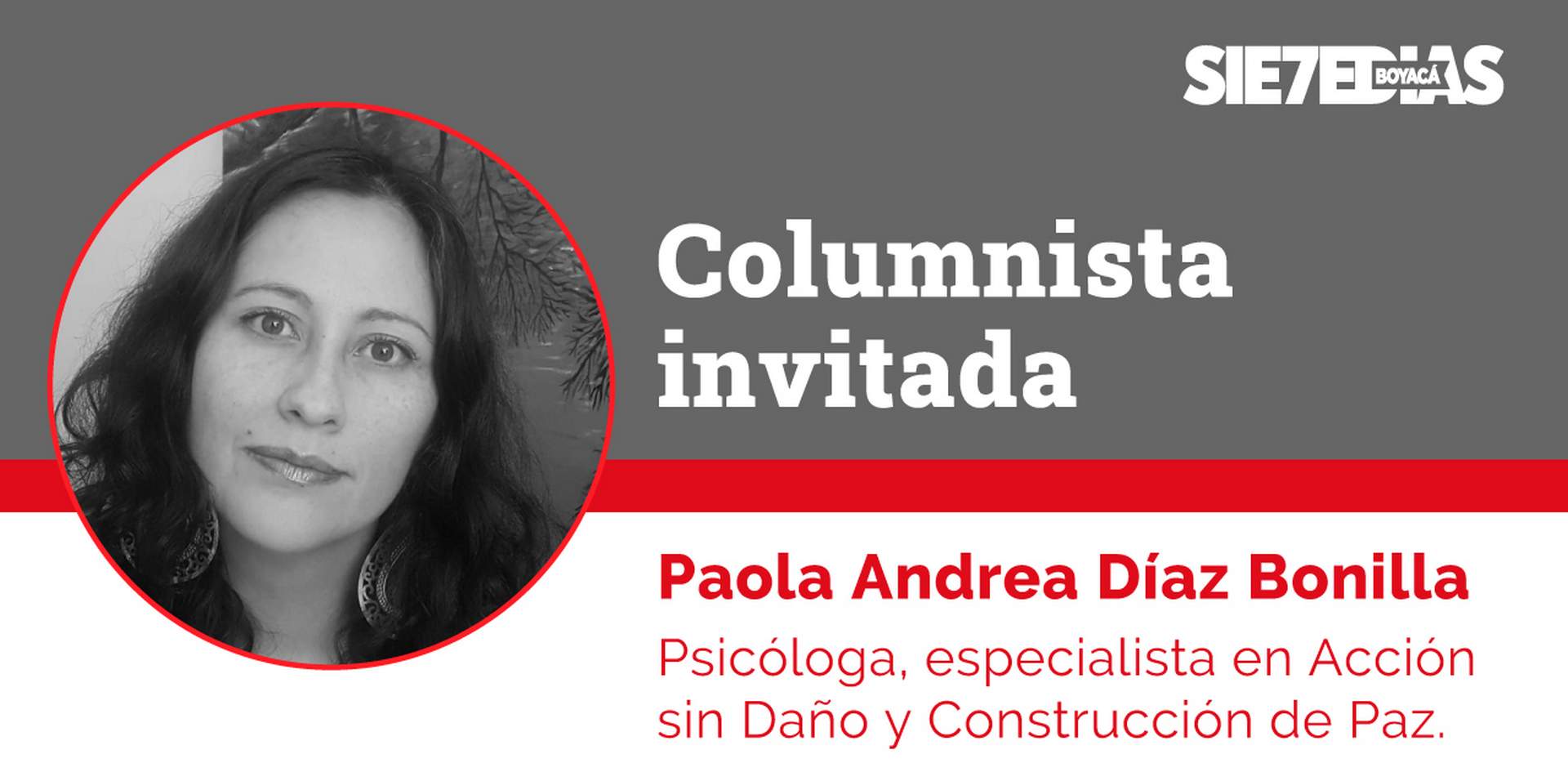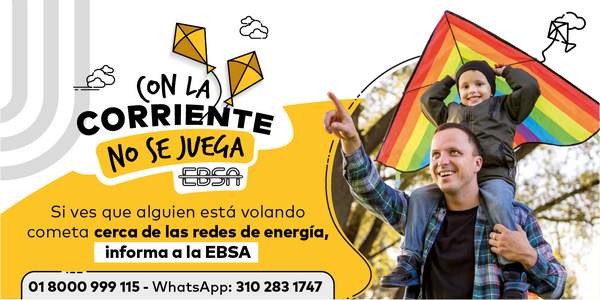On July 29, the report on impacts, coping and resistance was presented. An unprecedented section in a truth commission. This document consolidates four explanatory theses about the deep impacts that the armed conflict in Colombia unleashed and the numerous actions to face violence, its mechanisms of terror and dehumanization.
Although identifying the patterns and dynamics that have sustained the war is essential for clarifying the truth, asking ourselves about the effects unleashed on our society and the repercussions it has brought to the lives of millions of victims is essential in this process.
What the Truth Commission has debunked are the intangible effects of the war. For this case and due to my temporary involvement in this analytical exercise, I will address psychosocial impacts and coping.
The figures available on the multiple victims of the armed conflict represent a devastating reality. However, they are thick data that, due to their rapid increase, in many circumstances, have ended up freezing our sense of empathy in the face of the pain of others -paraphrasing Susan Sontag-. The denial of this conflict prevented us from reflecting on central aspects such as the establishment of fear in our society or how much the stigma and silencing weigh on the victims; why we allowed extreme cruelty to be normalized and made part of the landscape…
After so many decades, the invisible truth about the human impacts of the armed conflict makes its way through the voices of those who have suffered and faced the breakdown of their life projects and the uprooting of everything they hold dear.
With the force of the word, the report makes it possible to question the coping that the victims undertook. Their ability to cope with the loss of loved ones, material and symbolic goods; carry pain and unresolved duels on their shoulders and assume, in the midst of adverse circumstances, complex processes of readjustment to mostly hostile and precarious contexts. Multiple ways to remake life despite the irreparable.
The eloquent confrontations activated, give certainty that the victims in all circumstances have built alternatives to mitigate the effects suffered, survive the control and armed discipline or deploy their personal resources to overcome the meaninglessness of what happened. From political action for the enforceability of their rights, the strength provided by spirituality or caring for others, to the collective potential to remember or confront silence. Actions conceived in the individual and community, to defend life and dignity, and challenge the arbitrary logics implanted by the war.
In times where individual and collective mental health is becoming increasingly important, this report reveals the systematic violation of this right due to war. It is an invitation to confront ourselves with the suffering and the agency of the victims and with this truth, let us understand what happened to us in order to heal the wounded Colombia among all of us.
Related


